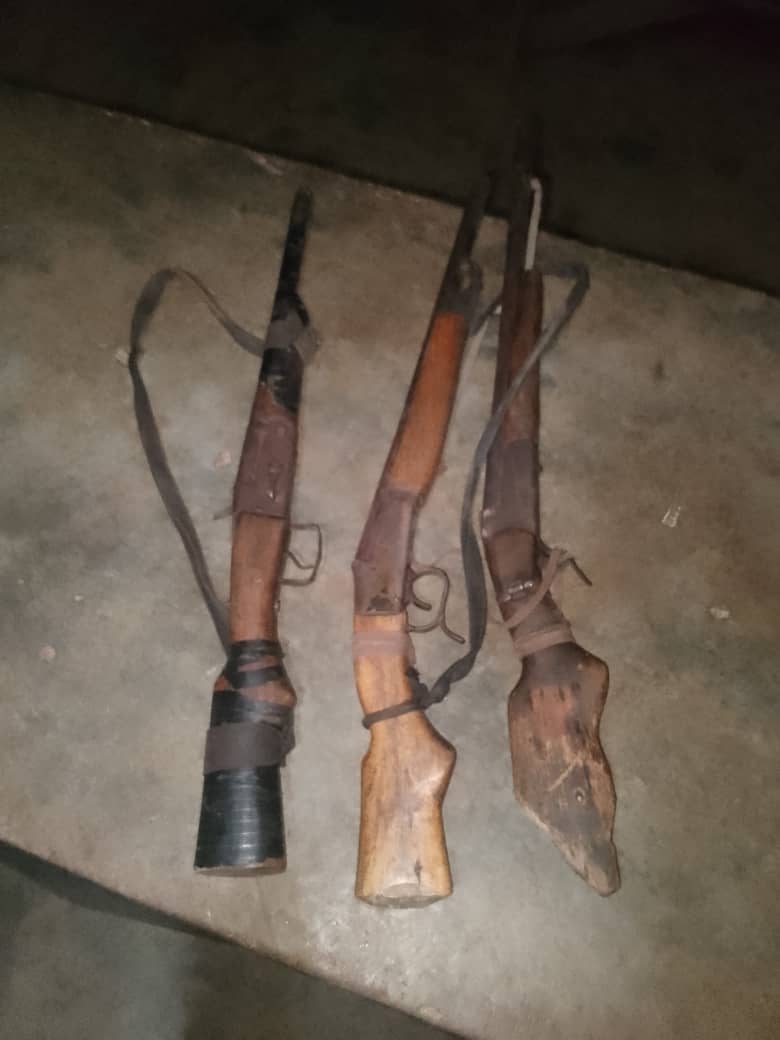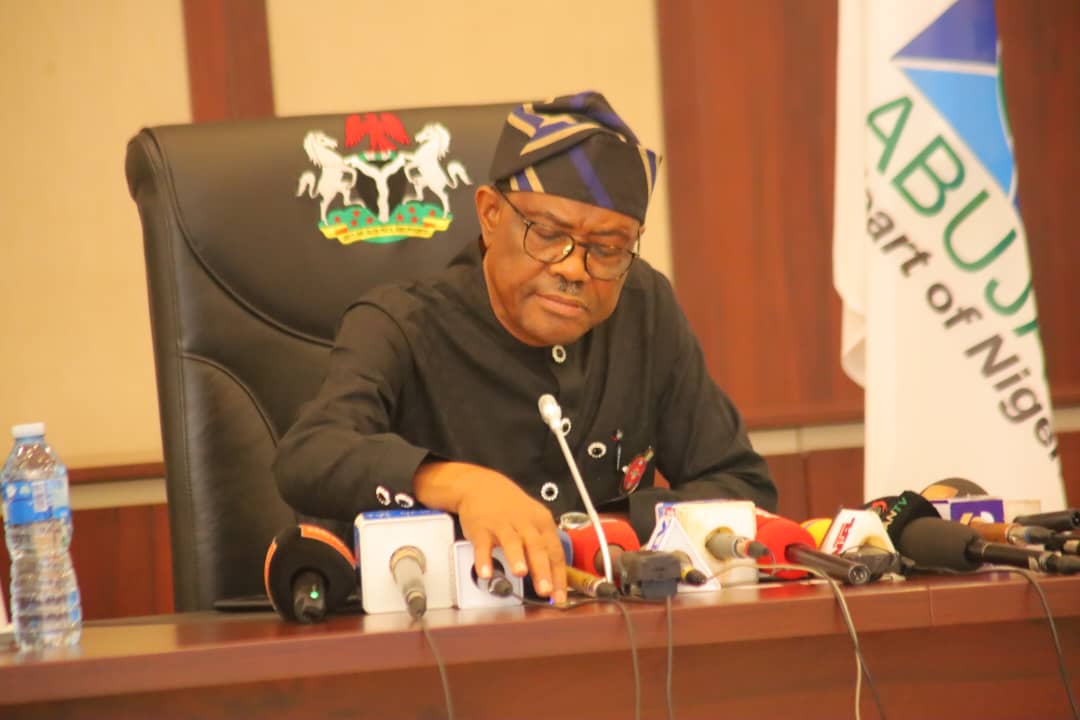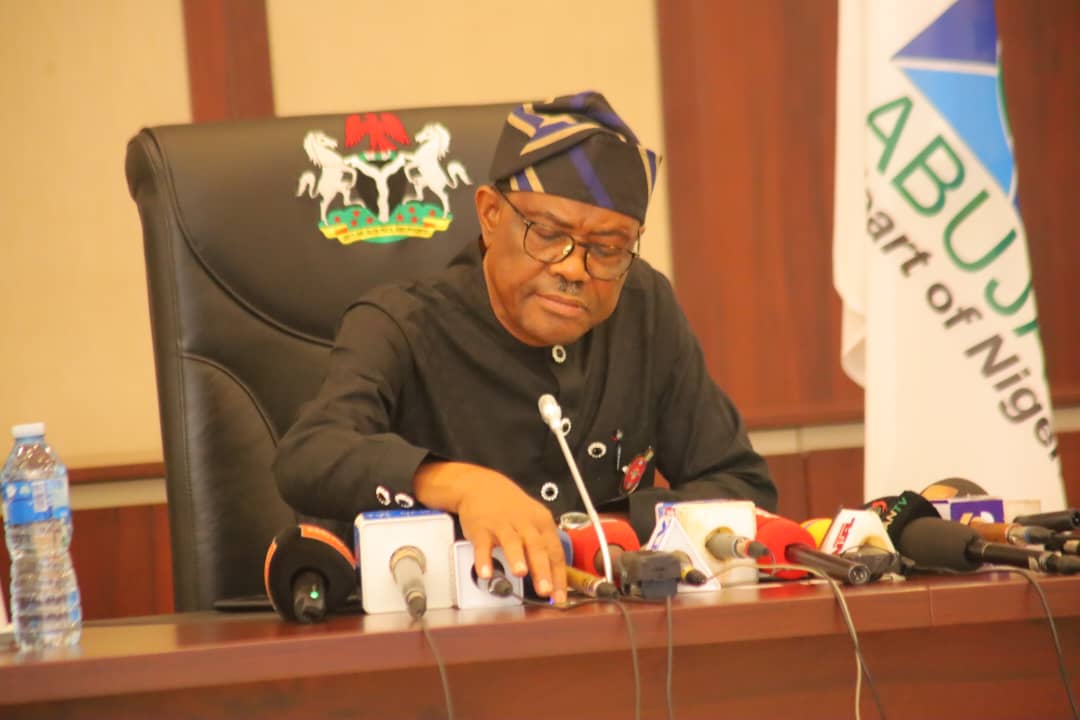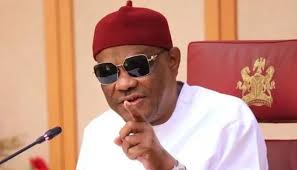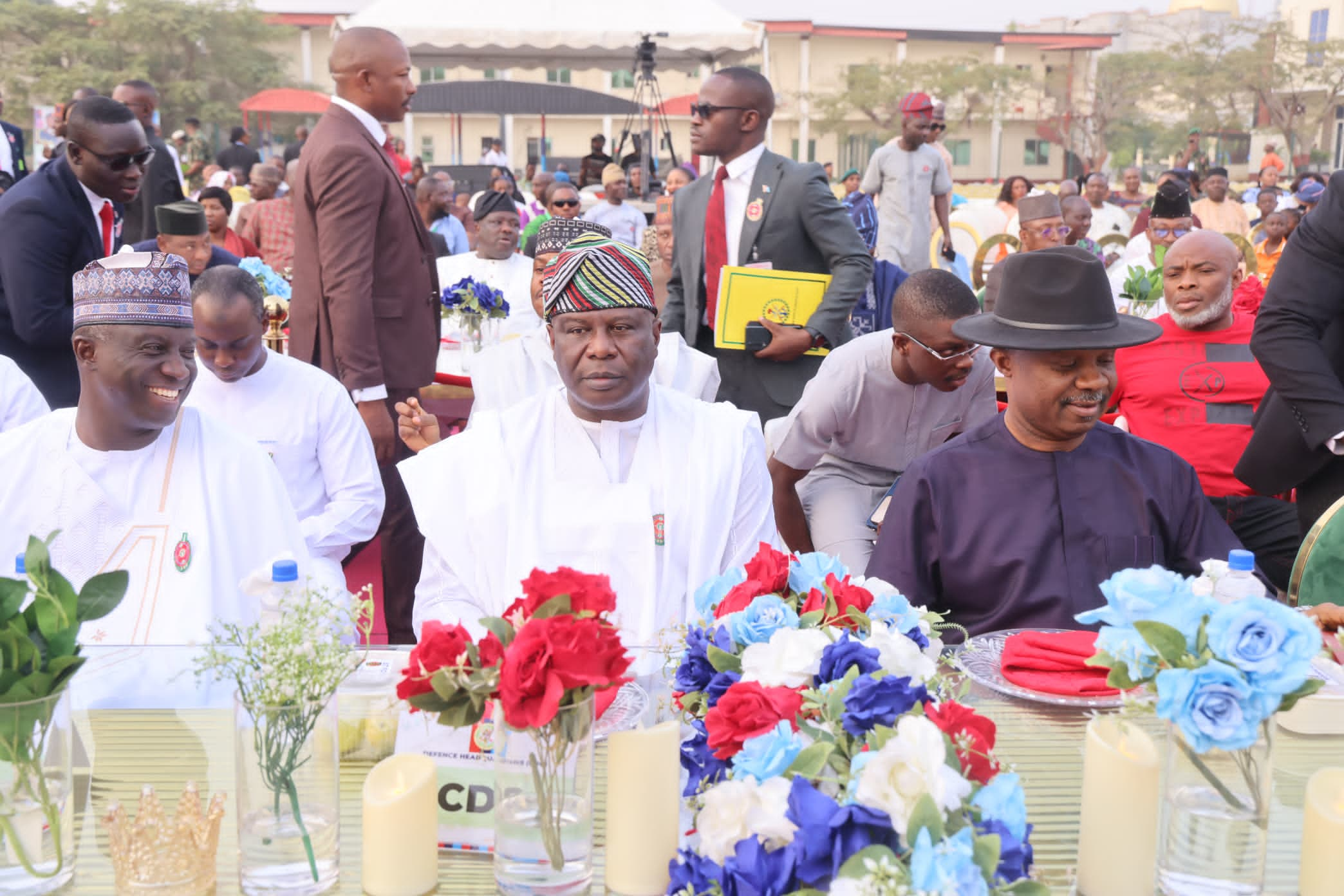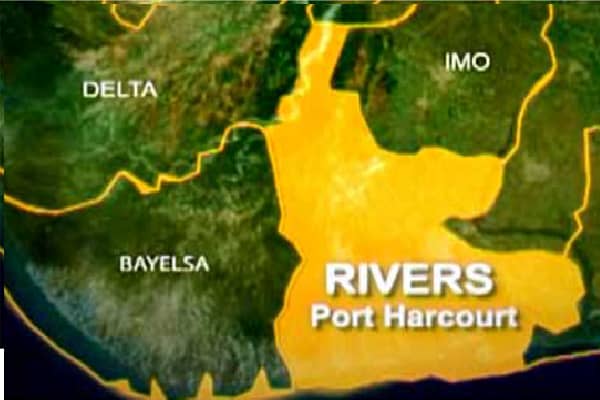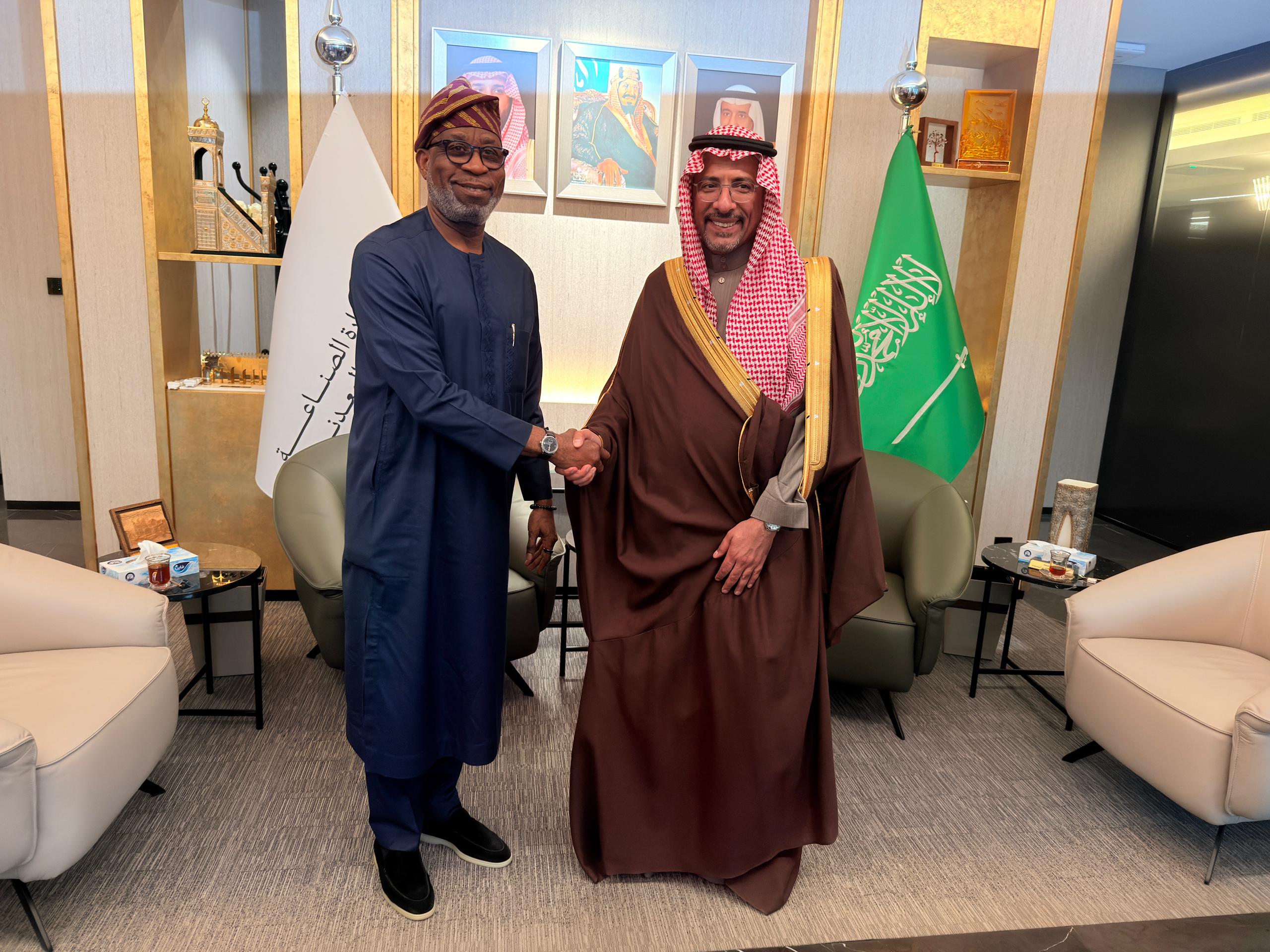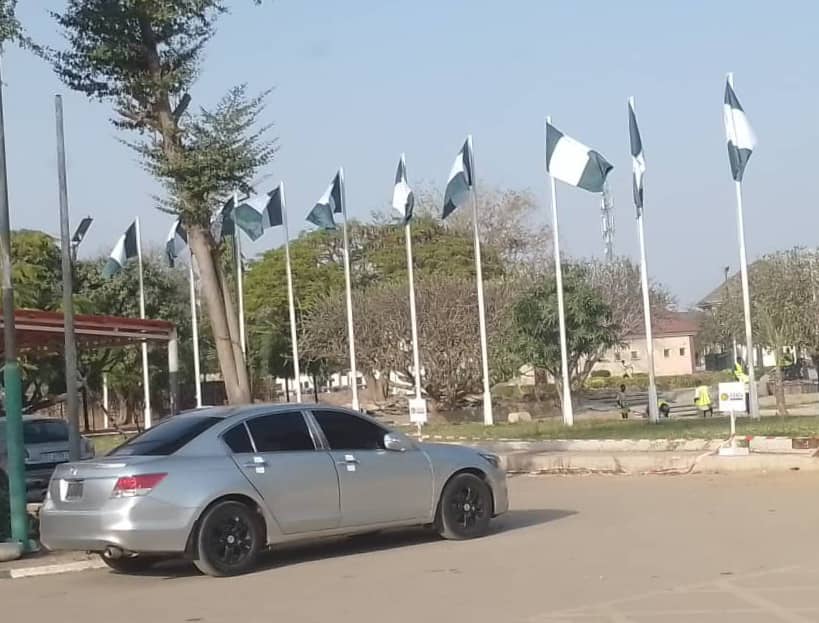The Securities and Exchange Commission (SEC) and the Nigeria Police Force (NPF) have agreed to strengthen collaboration to combat illegal investment schemes, capital market abuses and cryptocurrency-related frauds, in a renewed effort to protect investors and restore confidence in Nigeria’s financial system.
The Director-General of the SEC, Dr. Emomotimi Agama, disclosed this on Wednesday in Abuja during a meeting with the Inspector-General of Police (IGP), Mr. Kayode Egbetokun.
Agama said the SEC, as the regulator of Nigeria’s capital market, is mandated to protect investors, ensure fair, efficient and transparent markets, and support economic growth through effective regulation, licensing of operators and market surveillance. However, he noted that these efforts are increasingly threatened by fraudulent operators who exploit regulatory gaps and prey on unsuspecting members of the public.
According to him, many of the perpetrators operate outside the formal financial system, luring victims with promises of unrealistic returns, often disguised as cryptocurrency or forex investments.
“These operators cloak their deceit in the glamorous but poorly understood language of cryptocurrency and forex trading, promising returns such as 200 per cent in 30 days. They target the vulnerable and unsuspecting, leaving behind shattered lives, depleted pensions and broken trust,” Agama said.
He described investment fraud as not only a financial crime but a social menace capable of undermining public confidence in the entire financial system.
Agama stressed that while the SEC has the authority to identify regulatory breaches and illegal market activities, effective enforcement requires the investigative and prosecutorial powers of the police. He observed that fraudsters often exploit the gap between regulatory detection and law enforcement action.
“To close this gap permanently, we propose a robust and institutionalised collaboration,” he said, outlining key pillars of the partnership to include a joint intelligence and operations task force, capacity building and knowledge transfer, streamlined enforcement processes, and a coordinated national public awareness campaign.
The SEC boss advocated the establishment of a dedicated SEC–NPF team combining market intelligence, forensic accounting expertise and investigative capacity to serve as a rapid-response unit against emerging financial crimes.
He also sought the approval of the IGP to formalise collaboration with the Police Cyber Security Unit through a Memorandum of Understanding, aimed at enhancing the safety of Nigeria’s digital and financial space.
“The fight against financial crime is a fight for the soul of our economy. It is a fight for the widow who has lost her savings, the youth lured by fake crypto promises, and the retiree seeking a safe return. Together, the SEC and the Police can form an impenetrable shield against these crimes,” Agama said.
In his response, the Inspector-General of Police, Kayode Egbetokun, assured the SEC of the NPF’s readiness to deepen collaboration and provide the necessary support to strengthen enforcement efforts.
He described the role of the SEC as critical to Nigeria’s economic stability and growth, noting that effective enforcement in the capital market would yield significant benefits for the economy.
“If the police unit attached to the SEC is strengthened, it will make a significant impact on your enforcement drive. Effective enforcement is key to achieving your objectives and ensuring confidence in the capital market,” Egbetokun said.
The IGP also congratulated the SEC on the recent attainment of a ₦100 trillion market capitalisation milestone, describing it as a major achievement that would support economic growth and development.
On the proposed collaboration, Egbetokun said the Police Force fully supports the initiative and approved the SEC’s request to partner with the NPF Cyber Security Centre to enhance oversight and enforcement in the digital space.


